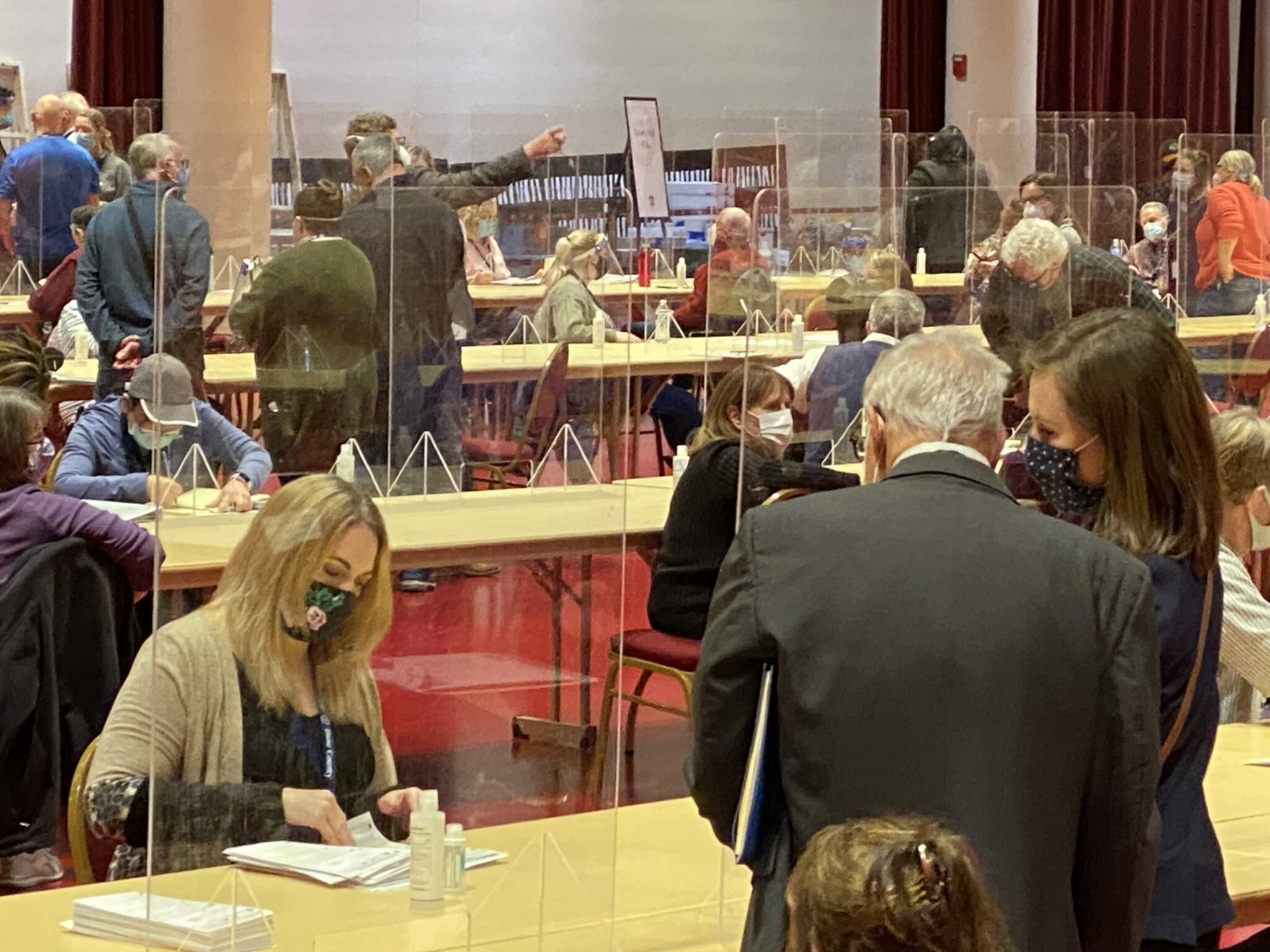The state Elections Commission rejected a GOP effort to provide new guidance on what observers can do at the polls next month as Dems complained the proposal went beyond what's allowed under state law.
That leaves local clerks with no new directions on observer standards for the November election as the agency goes through the process of writing more detailed permanent rules on the topic.
Chair Do...
Please log in to access subscriber content.
If you don't have a subscription, please contact schmies@wispolitics.com for subscription options on the WisPolitics-State Affairs platform, which is the new home for WisPolitics subscriber products.


